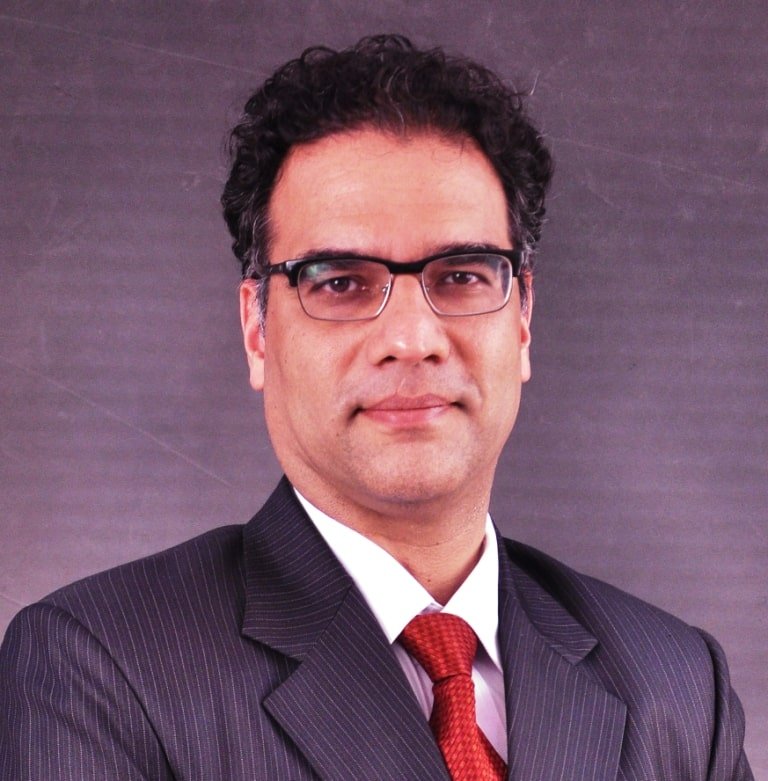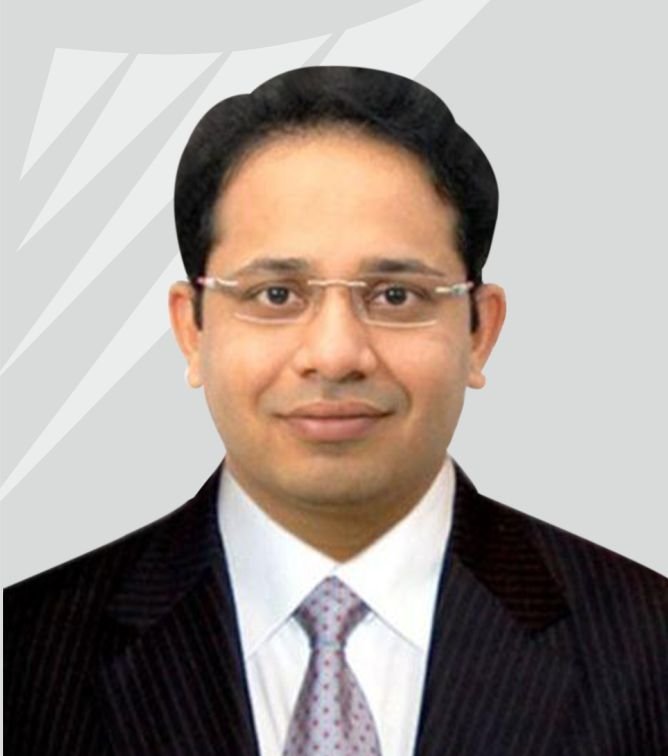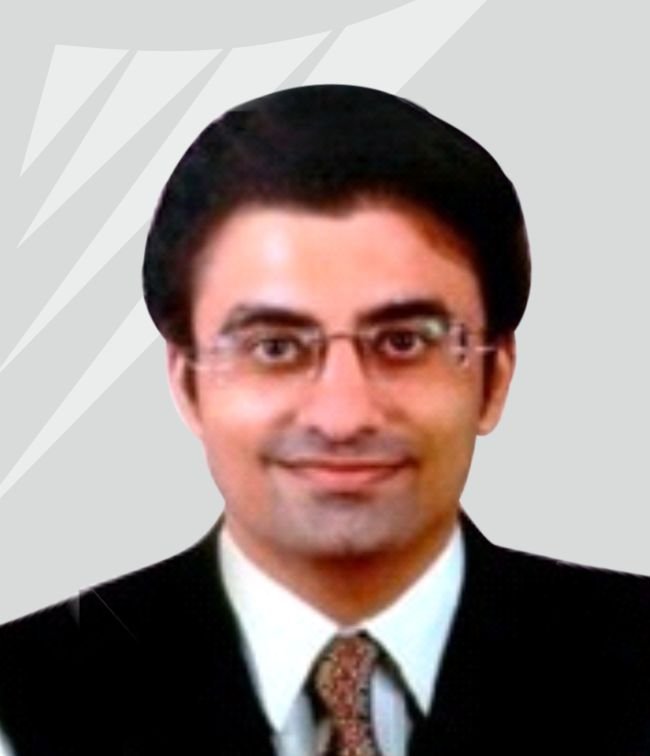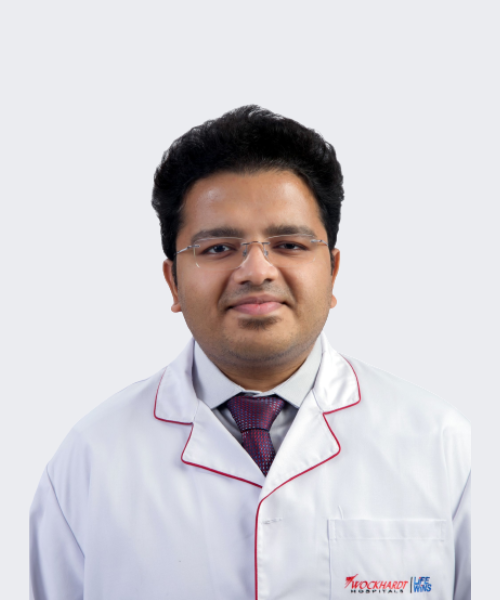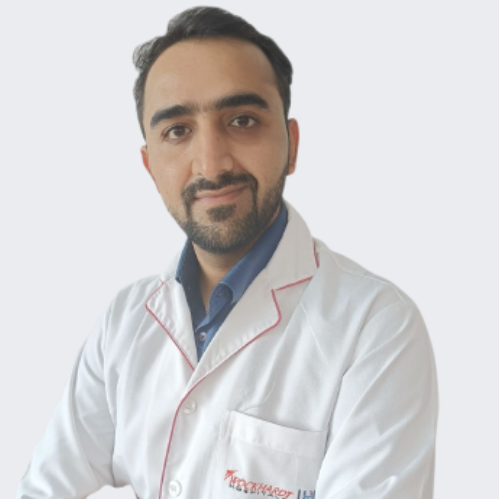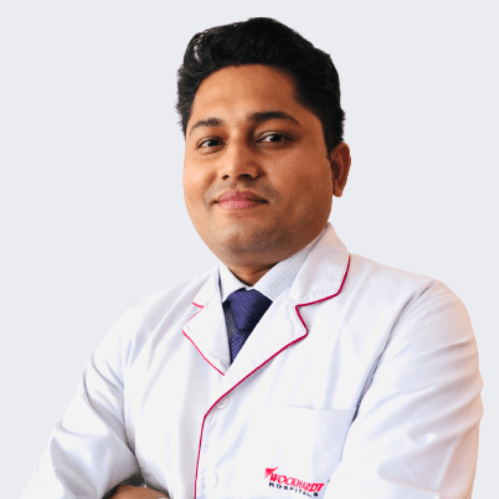Home » Medical Procedure » Lung Cancer
Treatment for Lung
Cancer in India
Cancer in India
Understanding
Lung Cancer
Lung cancer is characterized by the uncontrolled expansion of abnormal cells in one or both lungs. Your organs eventually develop tumors from damaged cells that continue to divide uncontrolled and form tissue lumps. These aberrant cells disrupt the regular operation of healthy lung tissue, which is responsible for supplying the body with oxygen.
Lung cancer has a poor prognosis, which makes it more terrifying than similar cancers, and lung cancer treatment becomes more challenging. When a doctor finally diagnoses the illness, it might have already progressed to a critical point since it is difficult to diagnose it in the early stages. Although lung cancer may occur to anybody at any age, it is more prevalent among the elderly. Given the low index of suspicion for lung cancer, most patients in attendance are in advanced stages.
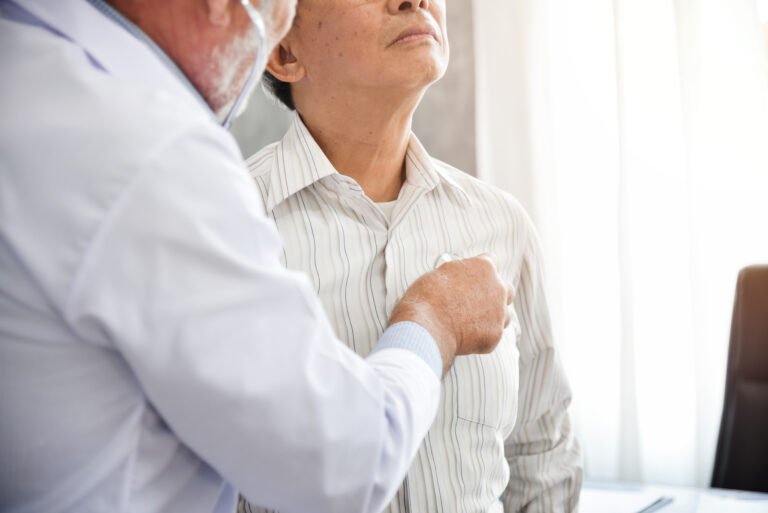
Renowned Lung Cancer Surgeons
at Wockhardt Hospitals
- Mumbai Central
- Mira Road
- Nagpur
- Rajkot
Signs & Symptoms of Lung Cancer
Depending on how serious a tumor is, lung cancer symptoms might change. In the early stages, individuals typically don’t exhibit any symptoms of lung cancer. There may just be one or a few of these symptoms for individuals who do experience them:
- A long-lasting cough that gets worse over time.
- Shortness of breath or breathing difficulties.
- A swollen face, neck, upper chest, or arms.
- Loss of Appetite
- Chest pain
- Loss of weight without cause
- Shoulder Pain
What are the main causes
of Lung Cancer?
Smoking, in both smokers and those who are subjected to secondhand or passive smoke, is the primary cause of most lung cancers. Nonsmokers and those who have never been subjected to secondhand smoke for a long time are also at risk for developing lung cancer. The chance of developing lung cancer may increase if you breathe in harmful substances, such as.
- Nickel
- Radon
- Arsenic
- Asbestos
- Chromium
- Some petroleum products
Various research indicates that if you smoke or are exposed to other chemicals, your chance of developing lung cancer is increased if you have inherited abnormalities in your DNA. Although the exact reason why some people experience these changes that lead to cancer but not others is unknown, there are several things you may do to increase your chance of developing lung cancer, such as smoking tobacco products.
What are the
Different Types of Lung Cancer
For the purpose of making treatment choices, lung cancer is categorized based on biological activity as follows:
- Lung Nodules - An unnatural growth that develops in the lung is called a lung (pulmonary) nodule. There might be one or more nodules on your lungs.
- Non-Small Cell Lung Cancer - The most typical kind of lung cancer is NSCLC (Non-Small Cell Lung Cancer). It comprises bronchioloalveolar cell carcinoma, squamous cell carcinoma, adenocarcinoma, giant cell carcinoma, etc.
- Small Cell Lung Cancer - The growth and treatment of Small Cell Lung Cancer (SCLC) are rare. Because of the structure of the cell, it is also known as Oat Cell Carcinoma.
- Mesothelioma - A particular form of cancer known as Mesothelioma appears in the lining that protects several of the body's organs' external surfaces.
- Chest Wall Tumors - Tumors that develop in the protective layer of tissue that surrounds your heart, lungs, and liver are called chest wall tumors. You never know if they're malignant or not.
- Metastasized Cancer - Cancer that has spread to other regions of the body from the main site, or where it first appeared, is referred to as Metastasized cancer.
Is it possible to be completely cured of Lung Cancer?
Many instances of lung cancer can be cured with early lung cancer diagnosis and treatment. The survival of patients can reach as high as 80-90% for people with small, early-stage lung cancer. If the tumor progresses and begins to affect lymph nodes or other bodily regions, the likelihood of recovery substantially decreases. Even though your lung cancer may not be curable, with the right lung cancer treatment and therapy, you can still enjoy a fairly normal life. Several patients have survived lung cancer thanks to advancements in lung cancer treatment at Wockhardt Hospitals.
Common Tests Required to
Diagnose Lung Cancer Treatment
A Lung cancer diagnosis can be a lengthy procedure. Your doctor will initially ask you questions about your previous and present health, smoking habits, and employment history before doing a physical examination. Because the symptoms of lung cancer are similar to those of many other, more frequent conditions, you may be required to undertake the following tests:
- Chest X-ray
- Blood Tests
- Magnetic Resonance Imaging (MRI)
- Pulmonary Function Test (PFT)
- Computerized Tomography Scan
- Biopsy
- Positron Emission Tomography
- Sputum Cytology
- Bronchoscopy
- Fine-Needle Aspiration
- EndoBronchial Ultrasound (EBUS) – TransBronchial Needle Aspiration (TBNA)
- Bone Scans
- Ventilation/Perfusion Lung Scans
- Thoracentesis
- Thoracotomy
- Breathing Tests
The above-mentioned tests can determine whether you have cancer, the location of the main tumor, and whether the cancer cells have migrated to other areas of your body. This aids in staging the sickness for your doctors. Doctors need to stage you before deciding on your lung cancer treatment plan.
After Treatment
How to
Take Care of Your Body
Self-care is a crucial component of cancer treatment. You may take care of yourself while undergoing treatment for lung cancer or while healing from it by doing the following:
- Quit Smoking - Even after receiving the best lung cancer treatment, quitting smoking has immediate benefits, such as normal blood pressure, reduced threat of chronic illnesses, etc.
- Healthy Diet - Patients with lung cancer need to eat well. You may feel better, be stronger, and fight infection by eating the correct foods.
- Stay Active - Exercise helps enhance mood, lessen tiredness, and maintain a healthy weight.
- Maintain a healthy weight - Make an effort to reach a healthy weight.
- Sleep well - A crucial component of your rehabilitation is getting adequate sleep. Obtaining enough sleep can increase hormone production, reduce blood pressure, and enhance cognitive function.
What are the
Risks Factors for Lung Cancer
Several risk factors have been identified through research that might raise your risk of developing lung cancer:
- If you smoke more cigarettes per day and for longer periods of time, your chance of developing lung cancer rises.
- Even if you don't smoke, secondhand smoke raises your chance of developing lung cancer.
- If you've had chest radiation therapy for another form of cancer, you may be more likely to get lung cancer.
- Individuals who have a parent, sibling, or kid who has lung cancer are more likely to develop this disease.
- The risk of developing lung cancer increases if you have been exposed to radon gas, asbestos, or another carcinogen.
Talk with our expert
Life Wins Stories



Paresh Vyas
Excellent facility with renowned Cardiologists like Dr Dharmesh R Solanki. Very humble doctors, and good staff. Value for money.

Meena Kothari
Excellent facility with renowned Cardiologists like Dr Dharmesh R Solanki. Very humble doctors, and good staff. Value for money.
Life Wins Stories

Paresh Vyas
Excellent facility with renowned Cardiologists like Dr Dharmesh R Solanki. Very humble doctors, and good staff. Value for money.

Meena Kothari
Excellent facility with renowned Cardiologists like Dr Dharmesh R Solanki. Very humble doctors, and good staff. Value for money.
Learning Wins
Life Wins
FAQs
Q. How successful is lung cancer in treating the disease?
Q. How long can a person live with lung cancer?
Q. Is treatment for lung cancer affordable at Wockhardt hospitals?
Q. Are there any side effects associated with lung cancer treatments?
- Nausea and vomiting.
- Diarrhea
- Fatigue
- Mouth sores.
- Hair loss.
- Tingling numbness in hands and feet.
- Nausea, vomiting
- Joint pain.
- Loss of taste




